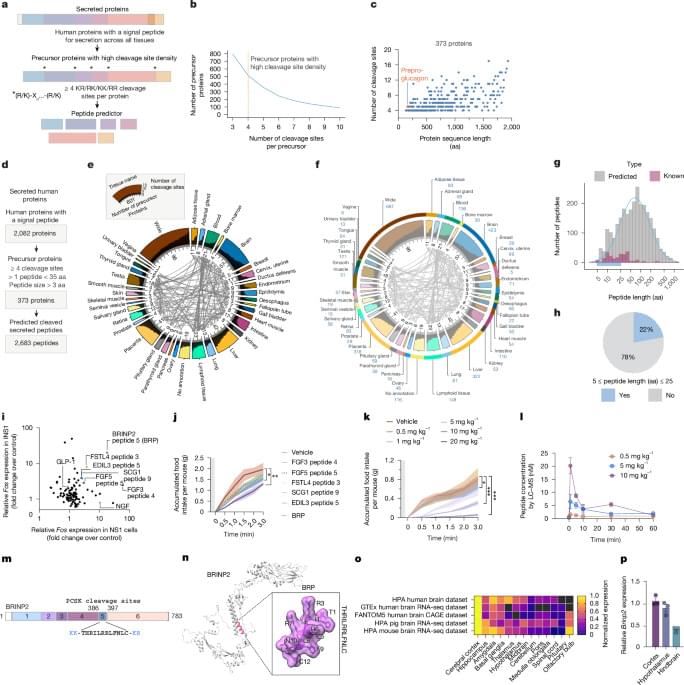Get the latest international news and world events from around the world.
Does evolution DEBUNK morality?
Today Dr. Dan Korman and Noah McKay join me to discuss evolutionary debunking arguments. Can our moral beliefs survive skeptical threats?
Like the show? Help it grow! Consider becoming a patron (thanks!): / majestyofreason.
If you wanna make a one-time donation or tip (thanks!): https://www.paypal.com/paypalme/josep… 0:00 Intro 1:40 Debunking arguments 6:22 Three kinds of debunking arguments 14:43 Telic debunking argument 22:05 Explanationist pushback 38:51 Swampman pushback 59:51 New function pushback 1:16:45 Dan’s favored approach 1:25:01 Concluding thoughts RESOURCES Dan’s website (with his papers): https://danielzkorman.weebly.com/ Noah’s website (with his papers): https://noahdmckay.wordpress.com/ Dan’s paper, “Debunking Arguments”, https://philarchive.org/archive/KORDA-2 Dan’s paper, “An explanationist Account of Genealogical Defeat ”, https://philpapers.org/rec/KORAEA-4 Noah’s paper, ” Can Rational Reflection Save Moral Knowledge from Debunking?”, https://philpapers.org/rec/MCKCRR Noah’s paper, ” Moral knowledge and the existence of God”, https://philpapers.org/rec/MCKMKA My Metaethics playlist: • Metaethics My Springer book: (a) https://www.amazon.com/Existential-In?tag=lifeboatfound-20… (b) https://link.springer.com/book/10.100… THE USUAL… Follow the Majesty of Reason podcast! https://open.spotify.com/show/4Nda5uN… Join the Discord and chat all things philosophy! https://dsc.gg/majestyofreason My website: https://josephschmid.com My PhilPeople profile: https://philpeople.org/profiles/josep…
OUTLINE
0:00 Intro.
1:40 Debunking arguments.
6:22 Three kinds of debunking arguments.
14:43 Telic debunking argument.
22:05 Explanationist pushback.
38:51 Swampman pushback.
59:51 New function pushback.
1:16:45 Dan’s favored approach.
1:25:01 Concluding thoughts.
RESOURCES.

Environmental Success: Ozone Layer on Track to Heal
What impacts have climate change mitigation strategies had on the ozone layer? This is what a recent study published in Nature hopes to address as a team of researchers led by the Massachusetts Institute of Technology (MIT) investigated the rate of Antarctic ozone recovery due to a reduction in human-caused ozone-depleting substances (ODSs). This study has the potential to help researchers, climate scientists, legislators, and the public better understand the benefits of climate change mitigation strategies on healing the environment for both the short and long term.
For the study, the researchers used a combination of satellite imagery data and a series of computer models to ascertain the extent of the Antarctic ozone recovery based on seasons and altitude between 2005 and now. The team conducted various models to identify a pattern in Antarctic ozone recovery, which they call a “fingerprint”. After comparing this to the satellite data, the team ascertained that the Antarctic ozone has been healing due to decreased levels of ODSs.
“After 15 years of observational records, we see this signal to noise with 95 percent confidence, suggesting there’s only a very small chance that the observed pattern similarity can be explained by variability noise,” said Peidong Wang, who is a PhD student in MIT’s Department of Earth, Atmospheric and Planetary Sciences and lead author of the study. “This gives us confidence in the fingerprint. It also gives us confidence that we can solve environmental problems. What we can learn from ozone studies is how different countries can swiftly follow these treaties to decrease emissions.”
[4K] Watch Starship launch and catch a booster!
[TIME SUBJECT TO CHANGE] This is the eighth fully integrated test flight of Starship with its Super Heavy booster, the largest and most powerful rocket to ever fly. This is the second launch of the new Starship upper stage with many tweaks, bringing it closer to full functionality.
If all goes well, Starship will softly splashdown in the Indian Ocean about 66 minutes after it lifts off from Starbase, TX, having performed a Raptor relight test and deploying 4 Starlink mass simulators. SpaceX will hopefully be attempting to catch the Super Heavy booster with the launch tower again, which would be the third catch of the booster.
Want more information on how exactly they’ll catch Super Heavy? WATCH THIS — https://www.youtube.com/watch?v=pAPt5vbr-YU
Want to know where to watch this live? I made a video on how to visit Starbase and where to watch a launch from — https://youtu.be/aWvHrih-Juk.
Learn more about Everyday Astronaut Mission Control by Guinn Partners! — http://guinnpartners.com.
Want to support what I do? Consider becoming a Patreon supporter for access to exclusive livestreams, our discord channel! — http://patreon.com/everydayastronaut.

AI-Powered Brain Implant Lets Paralyzed Man Control Robotic Arm
Summary: A new brain-computer interface (BCI) has enabled a paralyzed man to control a robotic arm by simply imagining movements. Unlike previous BCIs, which lasted only a few days, this AI-enhanced device worked reliably for seven months. The AI model adapts to natural shifts in brain activity, maintaining accuracy over time.
After training with a virtual arm, the participant successfully grasped, moved, and manipulated real-world objects. The technology represents a major step toward restoring movement for people with paralysis. Researchers are now refining the system for smoother operation and testing its use in home settings.


Imagine Designing Custom Electronic Components in Minutes
A collaboration of researchers in Austria and China has built a universal inverse-design magnonic device that can efficiently produce new electronic components based solely on a definition of the desired performance, and do the job in minutes or hours. They published the result in Nature Electronics.
Designing an electronic component usually requires extensive manual design and simulation to achieve a desired functionality. Inverse design eliminates these steps. It is a two-step process: First, the developers divide a design area into an array of smaller, programmable elements. Then, they deploy iterative feedback-loop optimization to tune these elements to achieve a predefined functionality.
This new device manipulates magnons, the quasiparticle quanta of magnetic spin waves. There have been magnonic devices and inverse-design devices, but this is the first universal magnonic inverse design device. Hypothetically, this kind of device can duplicate the performance of anything from a diode to a neuromorphic circuit.
Tiny algae-made robots treat inflammatory bowel disease without drug
In IDB, macrophages, a type of immune cell begins producing excessive levels of pro-inflammatory cytokines. These proteins then stick to macrophage receptors which triggers them to produce even more of this inflammatory protein. But UC San Diego researchers can break that cycle with a microrobot.
In previous experiments, UC San Diego researchers delivered drugs with microrobots, most notably in the lungs, and succeeded in minimizing the drug’s side effects. For the IBD study, however, they didn’t even need to use a drug.
